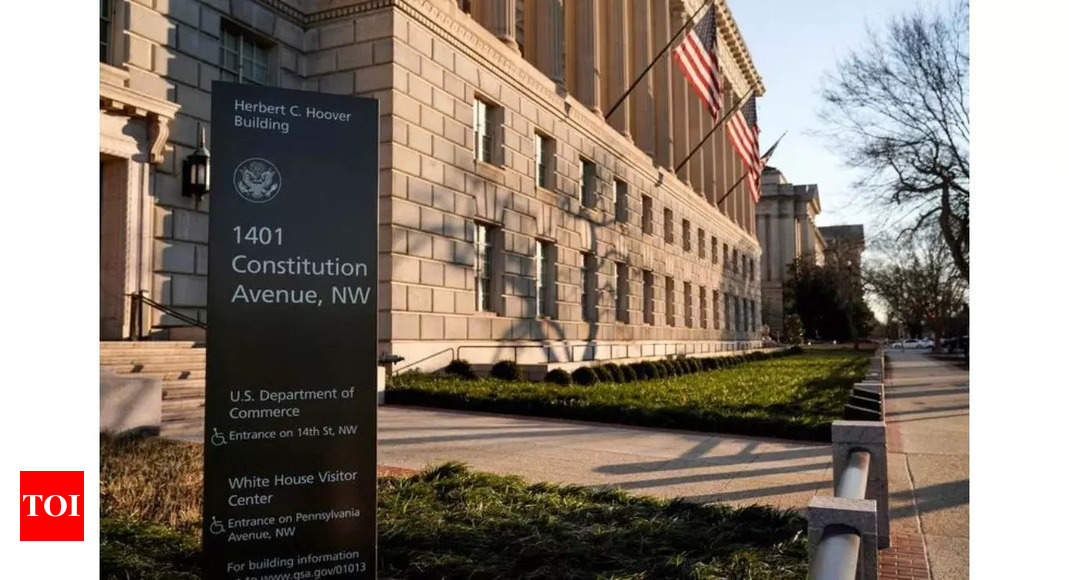The US has recently added 25 Chinese companies to its restricted trade list, including Zhipu AI – a developer of artificial intelligence (AI) models, and Sophg whose chip, made by Taiwan Semiconductor Manufacturing Co. (TSMC) was found illegally integrated into a Huawei AI processor. Zhipu AI, which has received investments from Alibaba and Tencent, was accused of aiding China’s military modernization through its advanced AI research. Sophgo drew attention after its chip appeared in Huawei’s Ascend 910B multi-chip AI system, raising concerns about its role in furthering Huawei’s ambitions in artificial intelligence.
According to a Reuters report, the US Commerce Department also strengthened controls on the flow of chips to China to better prevent diversion to Huawei which has been on the US Entity List since 2019. The designation restricts companies from receiving US goods or technology without special approval.
What Zhipu AI and Sophogo says
Zhipu AI responded by stating that the US decision lacked factual basis and would not have a significant impact on its operations, as the company claimed to have developed end-to-end AI technologies independently.
Sophgo, on the other hand, denied having any direct or indirect business ties with Huawei. In a statement on its website posted after the initial allegations in October 2024, Sophgo said it “has never been engaged in any direct or indirect business relationship with Huawei.”
What the new rules say
The new US rules introduce stricter controls on exporting advanced chips to China. Chips manufactured at 14 or 16-nanometer nodes or smaller, which are vital for AI applications, now face tighter restrictions. Additionally, the rules impose limitations on memory technologies like DRAM, which are used in high-bandwidth AI processors.
As per the report, these restrictions not only affect Chinese companies but also global chipmakers like TSMC and Samsung.


